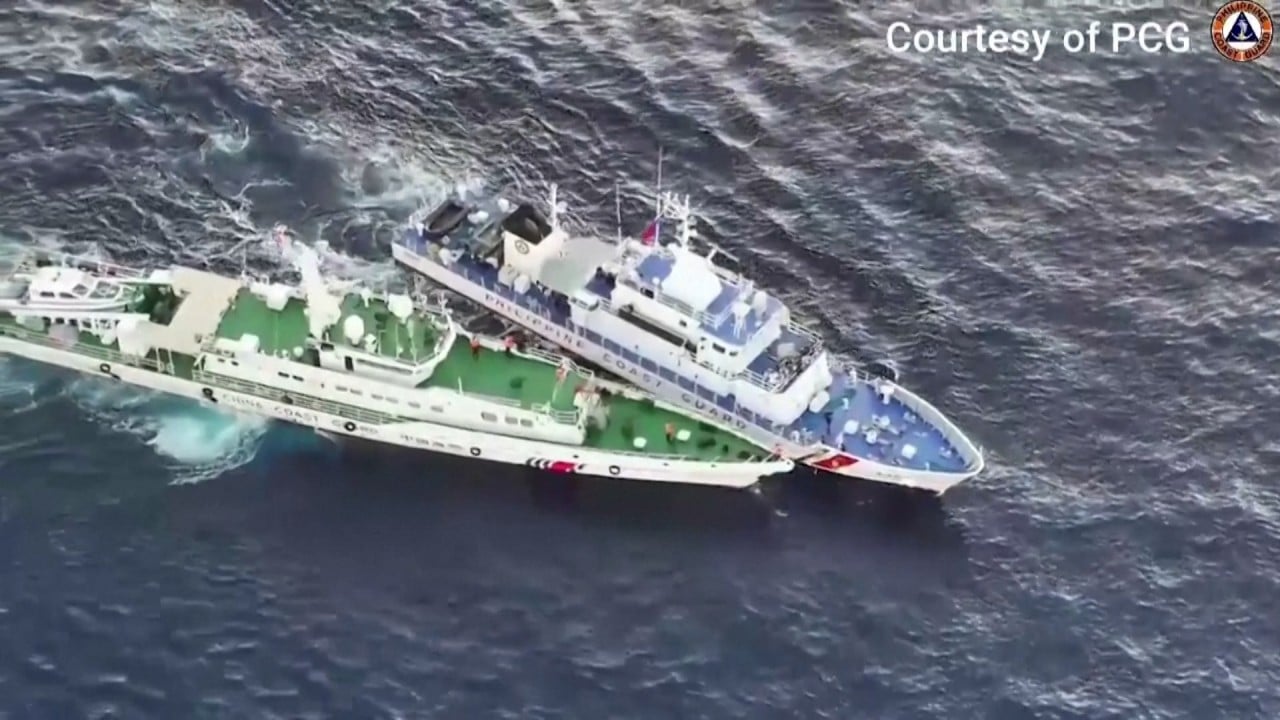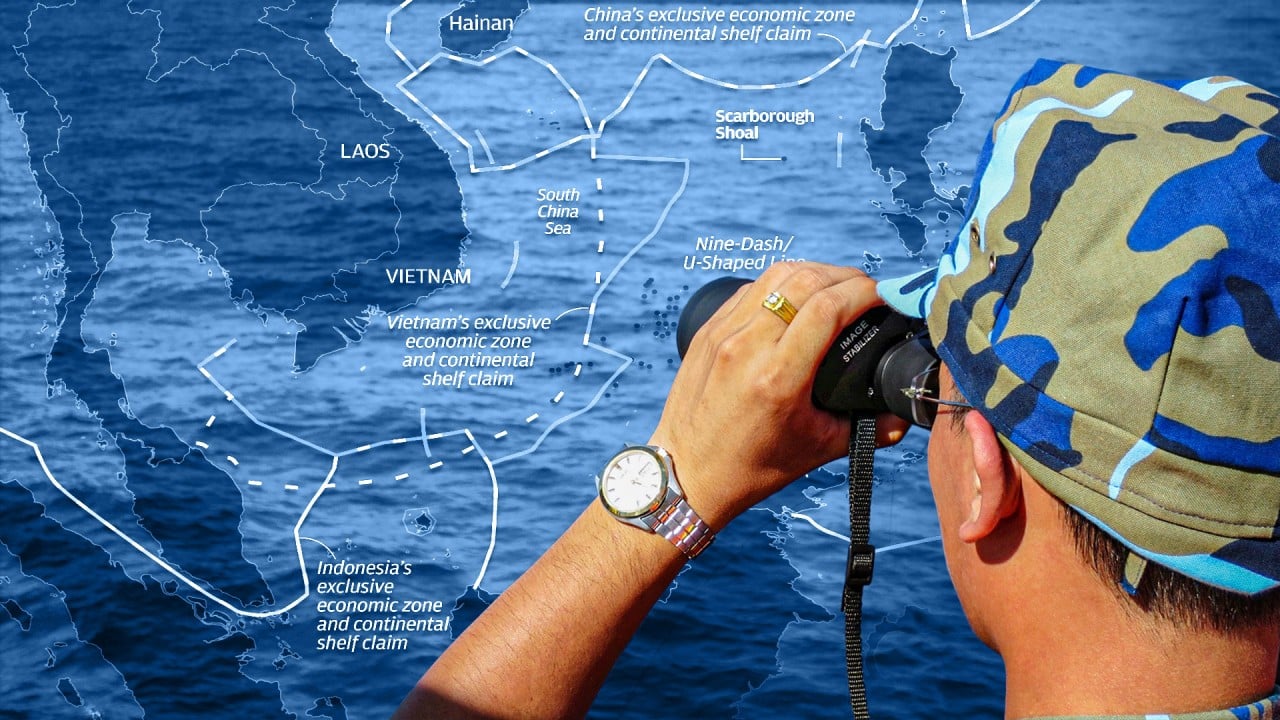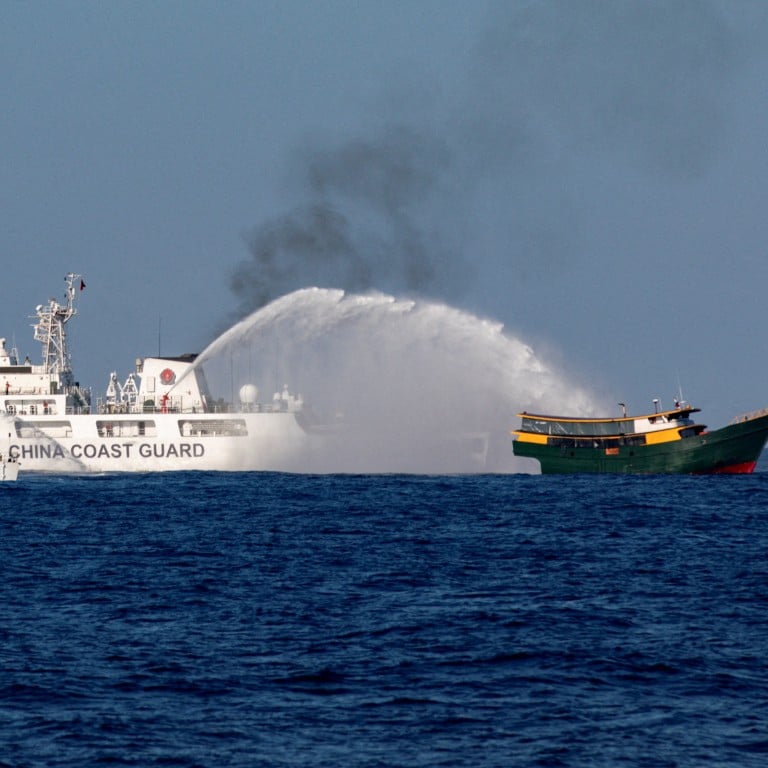
South China Sea: Philippines taking ‘dangerous path’ with President Marcos Jnr’s anti-China moves, sister Imee says
- Accepting defence and maritime security donations from foreign powers would be ‘the fuel to never-ending conflict’, Senator Imee Marcos said
- ‘Let’s not be hot-headed’, she said in response to her brother’s creation of a National Maritime Council, calling for reason to prevail over emotion
Under the directive, the Philippine president authorised the council to accept “donations, contributions, grants, bequests or gifts” from allies to improve maritime security.
Philippines prepared for ‘worst-case scenario’ as South China Sea tensions rise
The lawmaker, who chairs the Philippine Senate Committee on Foreign Relations, went on to warn that every action that may put Filipinos in danger is a “gross irresponsibility [that] must be avoided at all costs.”
“Let’s not be hasty, let’s not be hot-headed so that we can take care of the welfare of our people,” she said.
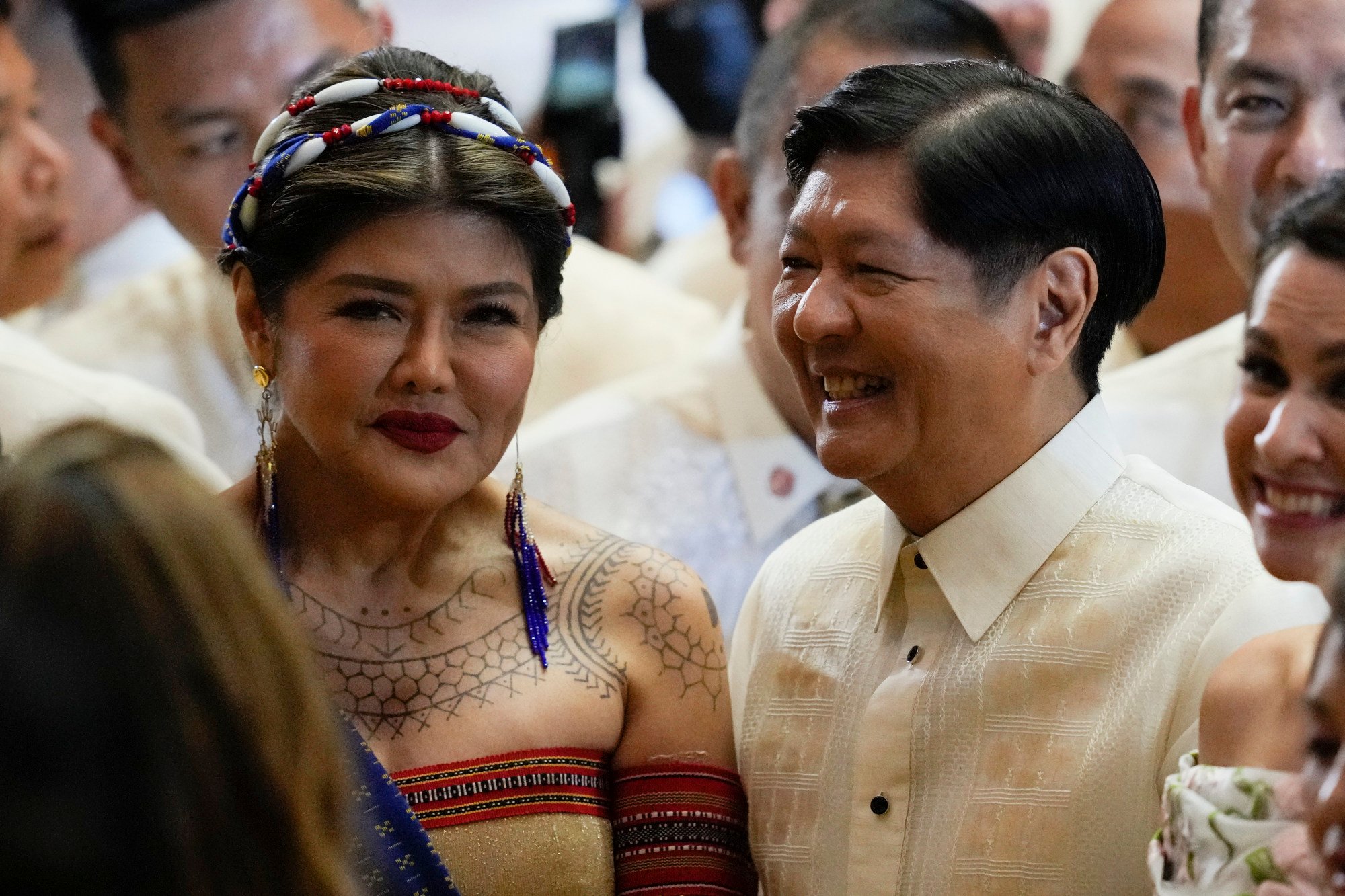
“Emotion rather than reason has prevailed in our maritime conflict with China and is leading us down a dangerous path that will cost us more than just Filipino pride.”
General Andres Centino, whom Marcos Jnr appointed as chief of the NMC, rebuked the president’s sister, saying that allowing foreign aid to strengthen the country’s maritime defence would not equate to foreign intervention.
“I don’t think it is foreign intervention. It would be more of acknowledging that we need the help of our partners and allies.”
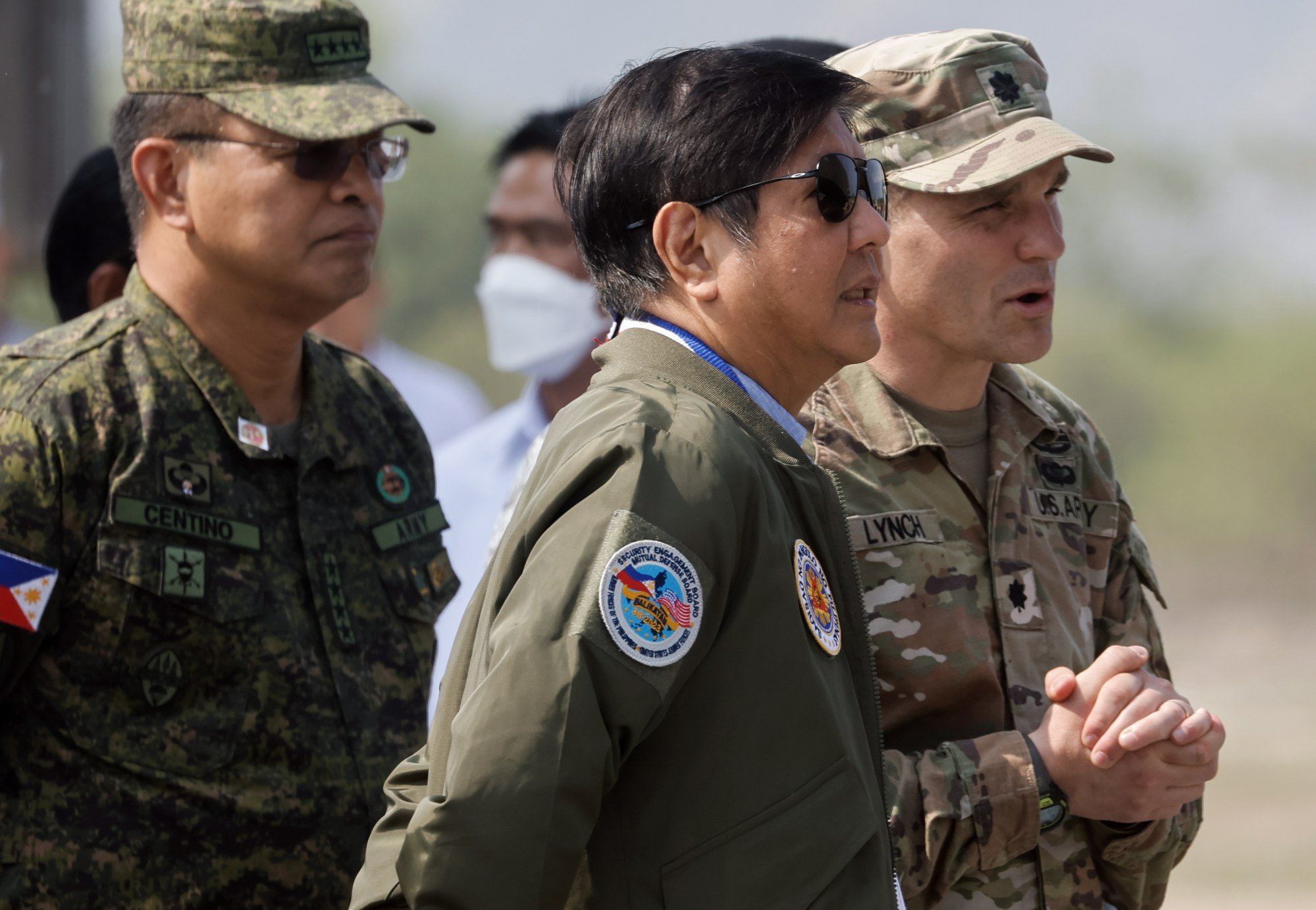
“We now see the execution of more dangerous manoeuvres and even the ramming of their boats against ours and more recently, the excessive use of water cannons at full force,” Centino said, noting that despite China’s actions, Manila would not use similar tactics.
“We don’t want to follow their ways. The other countries have actually criticised what they’re doing. We will not follow their lead of using illegal actions.”
Senator Marcos, however, reasoned that emotion rather than reason has prevailed in the country’s maritime conflict with China.
“To prevent yet another regional conflict, what we need instead are solutions for peace from those who claim to be our genuine allies,” she said.
Voicing dissent
The president’s sister was not the only lawmaker to voice her disagreement. Congressman Pantaleon Alvarez has also been a vocal critic of the president’s handling of the issue and even called for Marcos Jnr’s immediate resignation.
Last week during Holy Week, the most sacred week in the Christian calendar, Alvarez proposed that the president leave office and make way for Vice-President Sara Duterte to de-escalate tensions with China.
“I will advise the president to reflect and meditate this Holy Week. If Jesus Christ himself made sacrifices for the people, maybe it is his turn to do the same by voluntarily resigning from his position and turn over the functions of the presidency to the duly elected vice-president,” he said.
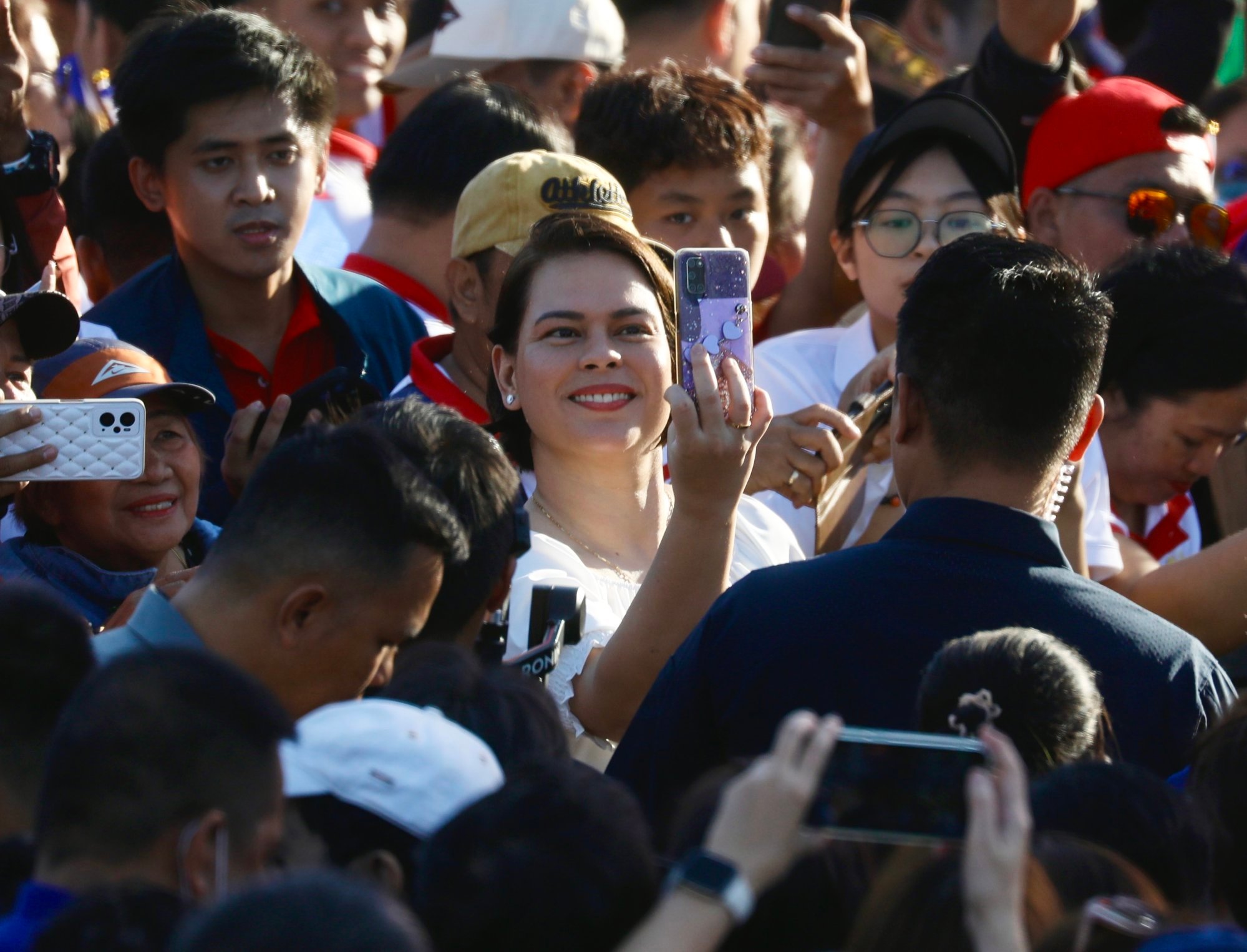
Antonio J Montalvan II, a social anthropologist, public writer and university professor, told This Week in Asia that the Marcos government is serious about reversing Duterte’s policy of deference towards China, in part as an effort to improve his family’s image on the world stage.
“What could be the politics behind it? I think he is determined to deodorise the tarnished Marcos image. By being pro-United States, he removes the Duterte stigma but also becomes the darling of the Western world,” Montalvan II said.
On Tuesday, Defence Secretary Gilbert Teodoro Jnr urged the public not to lose sight of the fact that the main threat to the country’s rights in the West Philippine Sea was the Chinese government’s illegal activities.
On Monday, US National Security Adviser Jake Sullivan spoke with his Philippine counterpart, National Security Adviser Eduardo Año, and affirmed Washington’s commitment to its defence treaty with Manila.
“Mr. Sullivan underscored the ironclad US alliance commitments to the Philippines under the US-Philippines Mutual Defence Treaty, which extends to armed attacks on Philippine armed forces, public vessels, or aircraft – to include those of its coastguard – anywhere in the South China Sea,” said the readout published on the White House website.
Signed in 1951, the Mutual Defence Treaty calls on both countries to aid each other in times of aggression by an external power. The Pentagon previously said it was prepared to assist Manila if it invoked the treaty amid threats from other nations.

